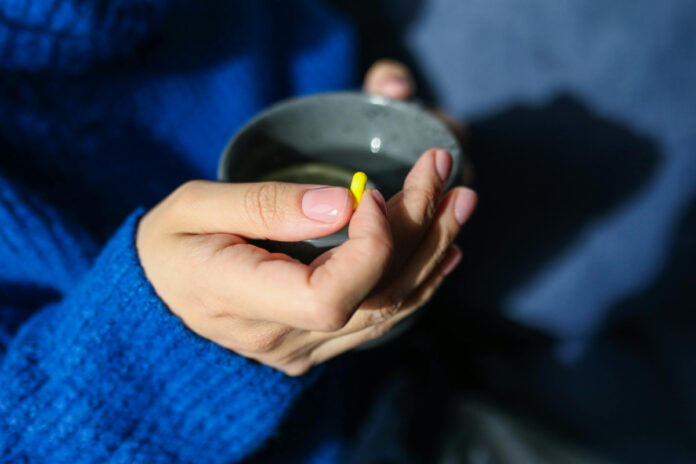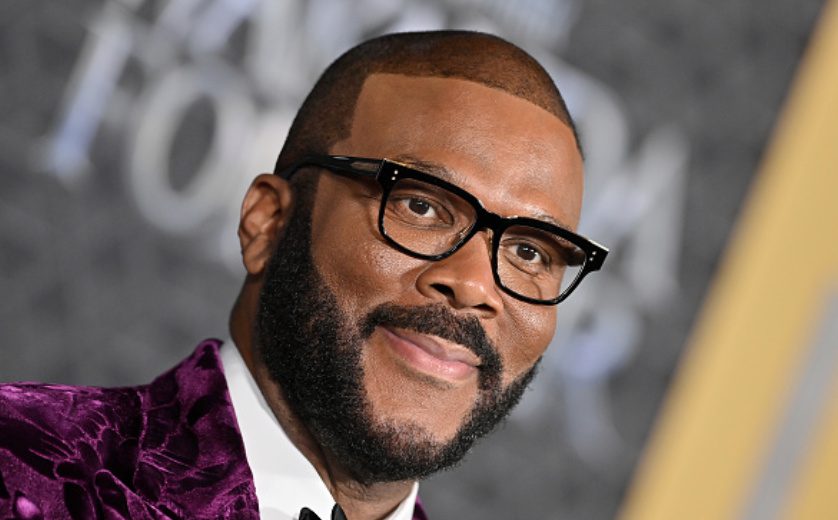Halle Berry has always been a frontrunner in many ways.
The gorgeous actress was the first African-American woman to win an Academy Award.
She lives with substantial hearing loss in one ear after suffering a massive head injury. But she has always exuded confidence and strength, more recently in tackling menopause.
Halle Berry appeared in the first episode of “The Tamsen Show,” hosted by American journalist Tamsen Fadal.
The 58-year-old actor talked in-depth about her perimenopause and menopause struggles.
She was distressed for a long time by symptoms like vaginal dryness. She even faced dry eyes and mouth.
Eventually, Halle tried hormonal therapy, the treatment that slowly changed her life.
Let’s learn about her experience and how it can be immensely reassuring and helpful for women everywhere.
Halle Was Initially Apprehensive About Testosterone
The actress first started hormonal replacement therapy when she found herself troubled with dryness.
Incidentally, a few sexually transmitted infections like herpes can also cause dry skin in some people.
Halle worked with her doctors to find a precise diagnosis. Subsequently, it became clear that her symptoms emanated from the body’s transition to menopause.
The American Academy of Dermatology notes that changing hormone levels before and during menopause can cause skin dryness and slackness.
It happens because the skin’s ability to lose water reduces. It can also affect your hair’s thickness and cause hair loss.
Besides dryness, Halle also struggled with low libido and less energy than usual.
For menopausal women, these symptoms can indicate decreased testosterone levels. We often call it a “male” hormone, but women need testosterone as well.
It helps keep bones healthy and your energy levels balanced. Reducing levels impacts your libido, making many less interested in physical intimacy.
Despite its proven efficacy, women may hesitate to start hormone therapies due to deep-set fears.
Halle admits she didn’t want to grow hair on her chest – something we associate with male hormones.
However, she didn’t let her concerns interfere with a medically proven treatment.
Can Hormone Therapy Benefit All Menopausal Women?
In the episode, Halle shared how she hoped to skip menopause. While that may not be achievable for women yet, the treatment has brought her distinctly favorable results.
She has regained her sex drive and overall energy. Plus, the joy of being more in control of your health is immense.
Another advantage of working on your testosterone levels is a possible mood improvement. Cleveland Clinic notes that low testosterone can lead to depression and anxiety.
Although the research is yet limited, some healthcare providers see mood benefits from balancing hormone levels in women.
That said, hormone therapy may not be a suitable approach for all women. Healthline observes that testosterone treatments for women are off-label in the United States, although they are common in England and Australia.
The primary concerns are masculinizing manifestations like facial hair. However, some women may face more serious side effects like cardiovascular and liver issues.
Even so, hormonal therapies can be helpful for various problems around menopause when administered safely under medical supervision.
For example, menopause can affect the production of estrogen, a hormone that keeps the pelvic floor healthy. It makes some susceptible to urinary incontinence and pelvic organ prolapse – concerns that also affect many postpartum women.
A vaginal mesh can treat these problems. But as the vaginal mesh lawsuit highlights, the surgery to implant this mesh can trigger pain and infection.
A National Library of Medicine study finds that local vaginal therapy with estrogen tablets or gels can minimize the risks of mesh implantation. Hormonal interventions may be able to limit bacterial bladder infections.
TorHoerman Law observes that some vaginal mesh manufacturers may fail to disclose potential side effects and engage in deceptive marketing. That’s more reason to explore possibly safer approaches with your doctor.
Halle Also Shared More Tips on Coping With Menopause
Halle’s experience also opens up a much-needed discussion on women’s health: the problem of being dismissed. Many women don’t get adequate help for chronic pain or mental health issues because everything gets attributed to periods or menopause.
The actress disclosed that the general vibe around these issues is that they are “career enders.” And yet, no one can forever be 35.
During the podcast, Halle discussed how several women don’t have access to adequate information about menopause and receive limited medical support. Destigmatizing menopause by talking about it is the first step.
The actress will soon discuss the subject with Oprah alongside other stalwarts like Naomi Watts and Maria Shriver. The Menopause Revolution promises to be empowering.
Here are some more lifestyle tips that have helped Halle Berry and are worth embracing for other women.
- Get regular health checkups. Check if you may be lacking essential vitamins.
- Don’t skip your workout. Exercise is more important in later life for your muscle mass and energy.
- Examine your diet to feel more energized. For example, make adjustments like cutting sugar to see a sizable difference.
- Work on getting better sleep by regulating your circadian rhythm and understanding if hormonal shifts could be behind your poor sleep quality.
In women’s health and pretty much everything else in life, one shoe doesn’t fit all. But it is inspiring to see more women stepping forward and discussing subjects that were always hush-hush before.
Taking charge of life after your “prime” is crucial – each day counts, and age-related shifts are natural for everyone under the sun.













